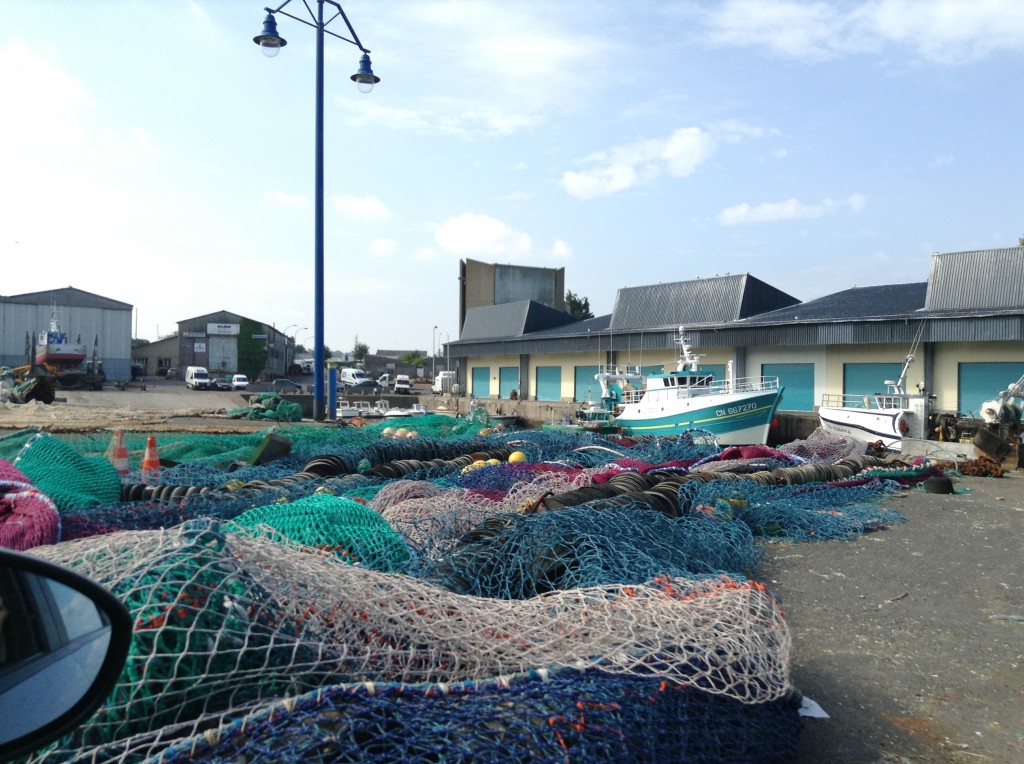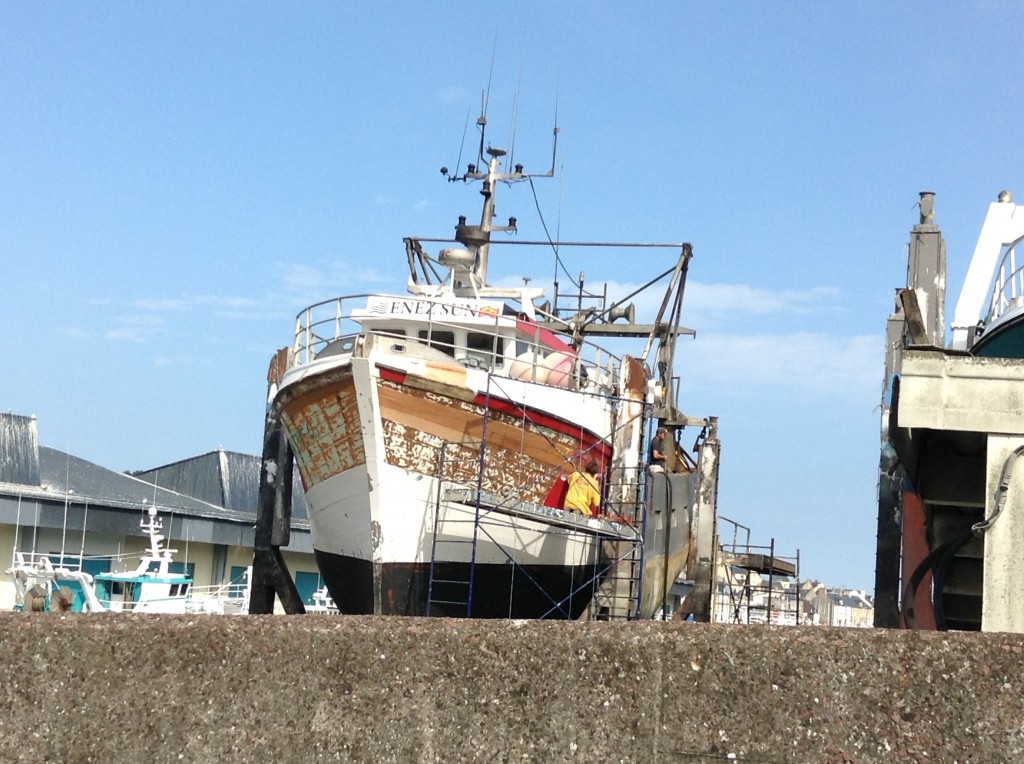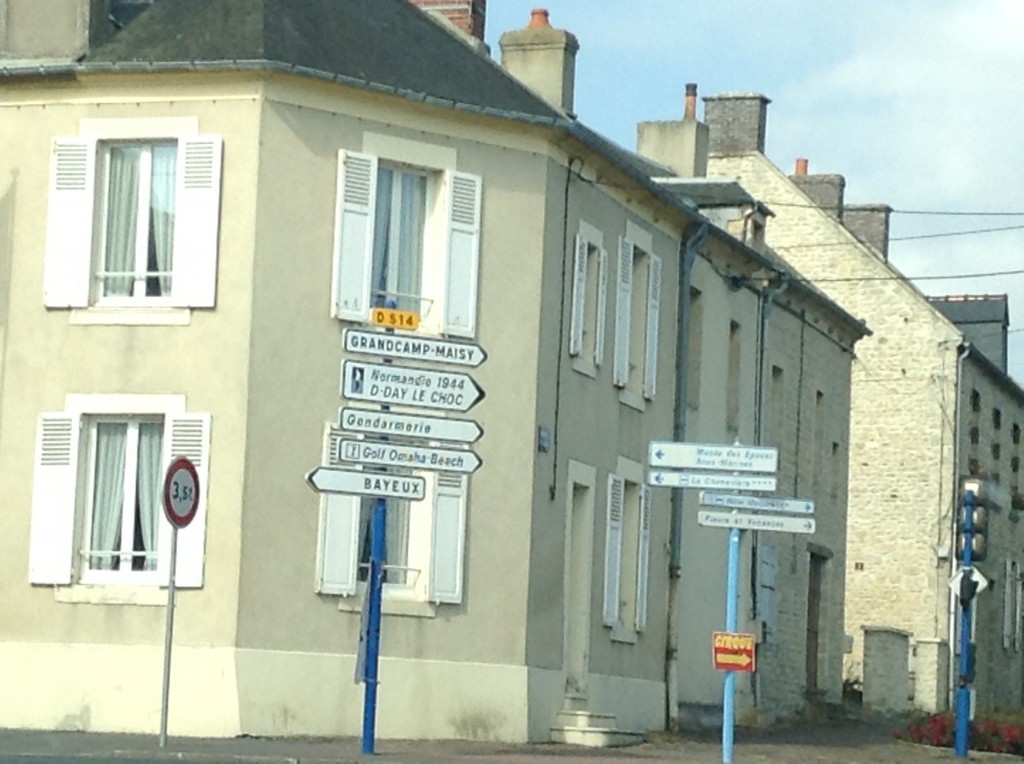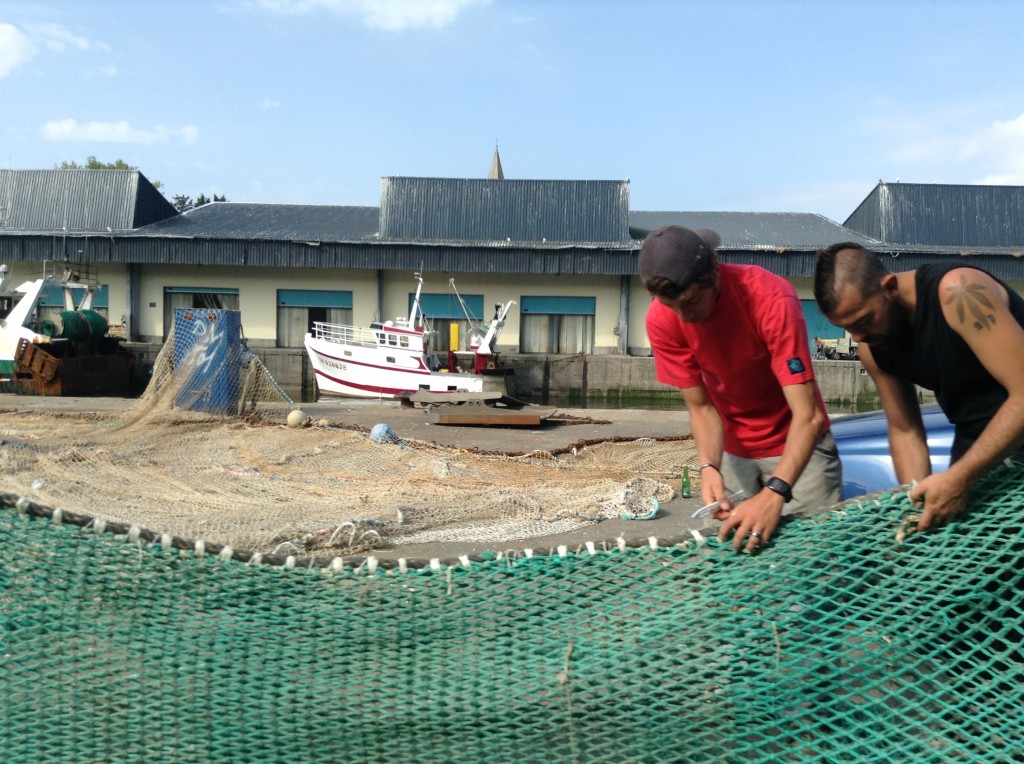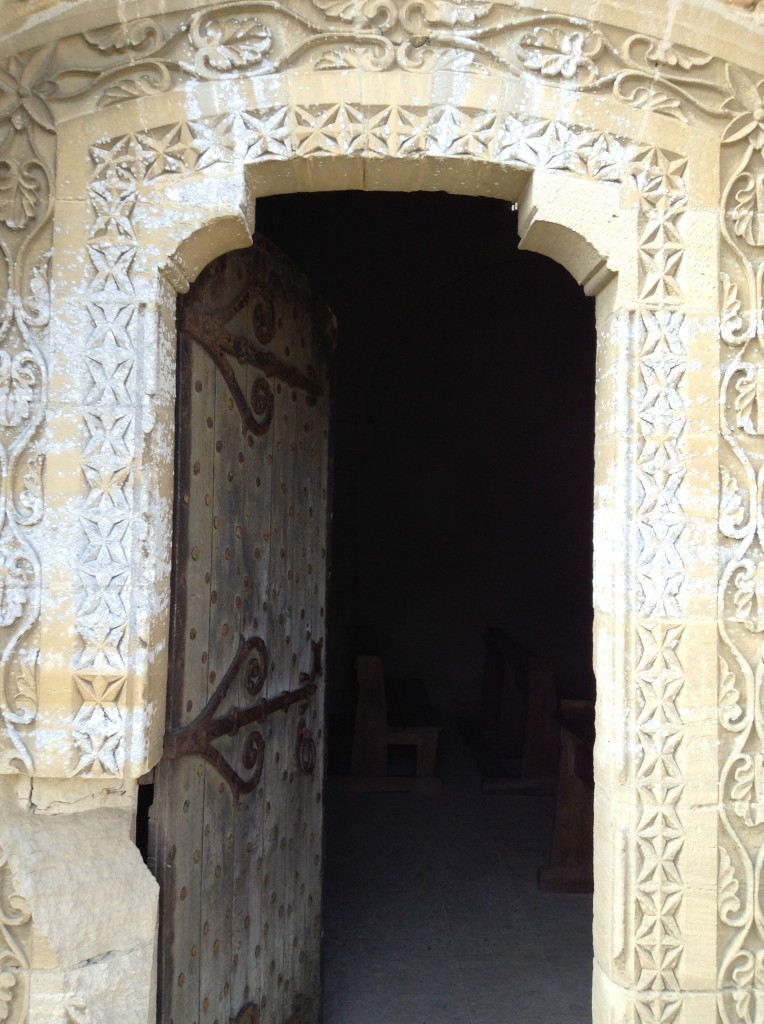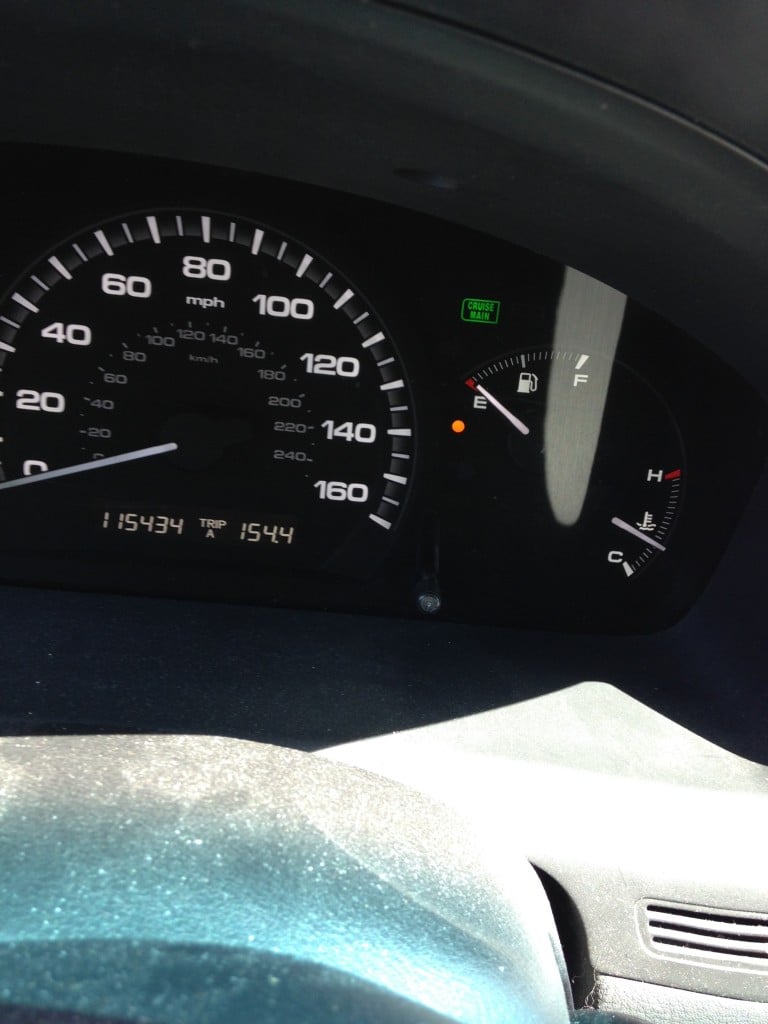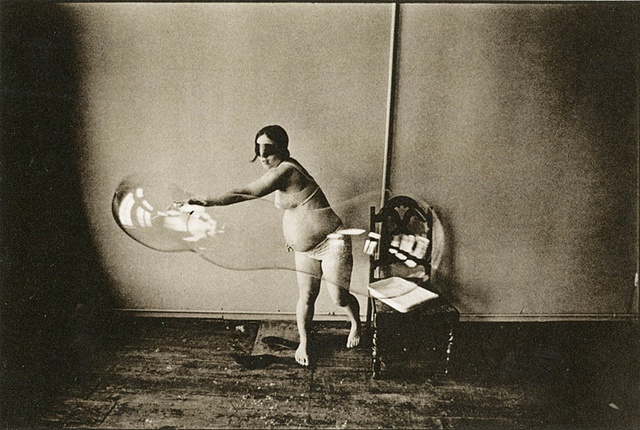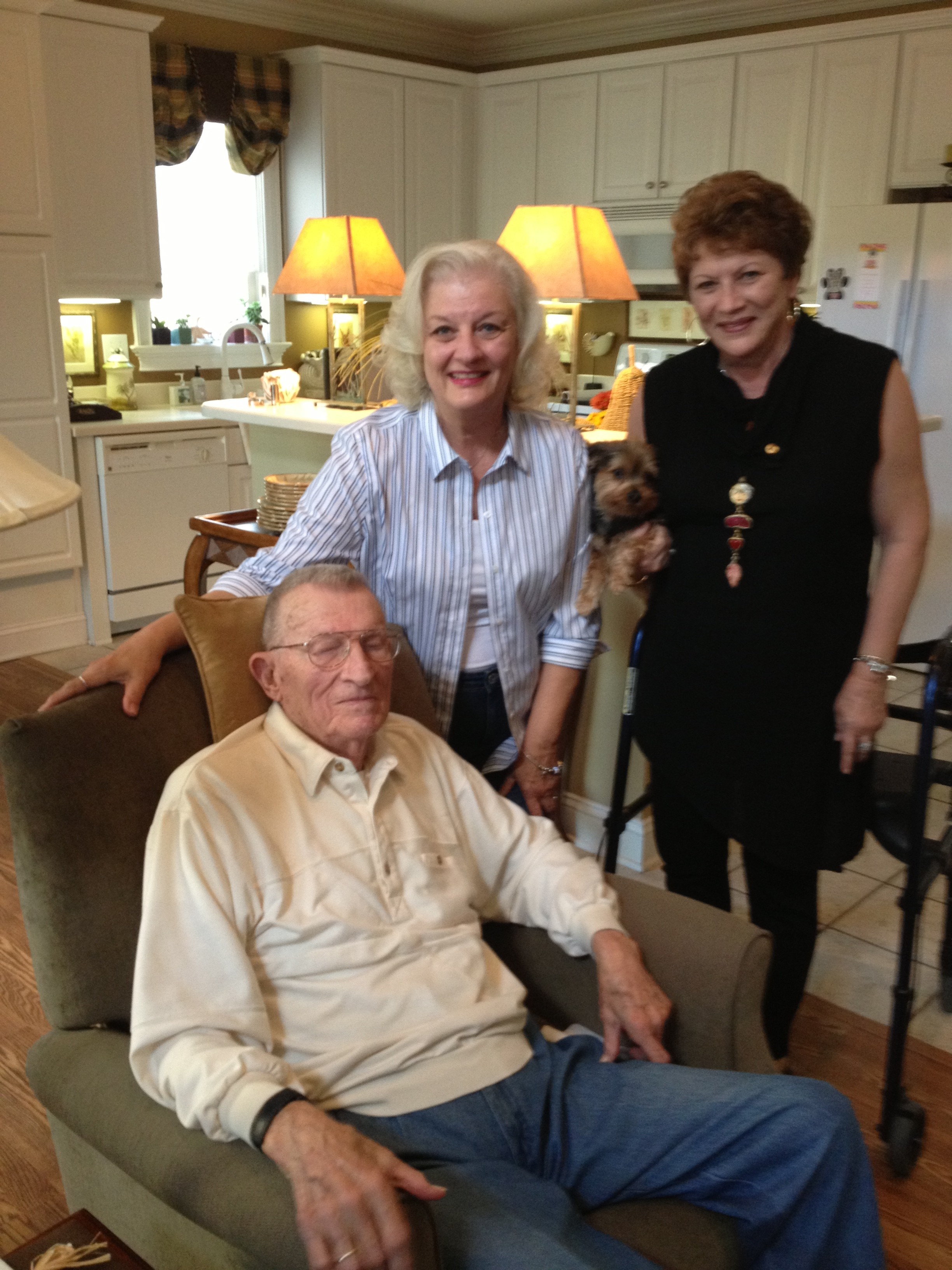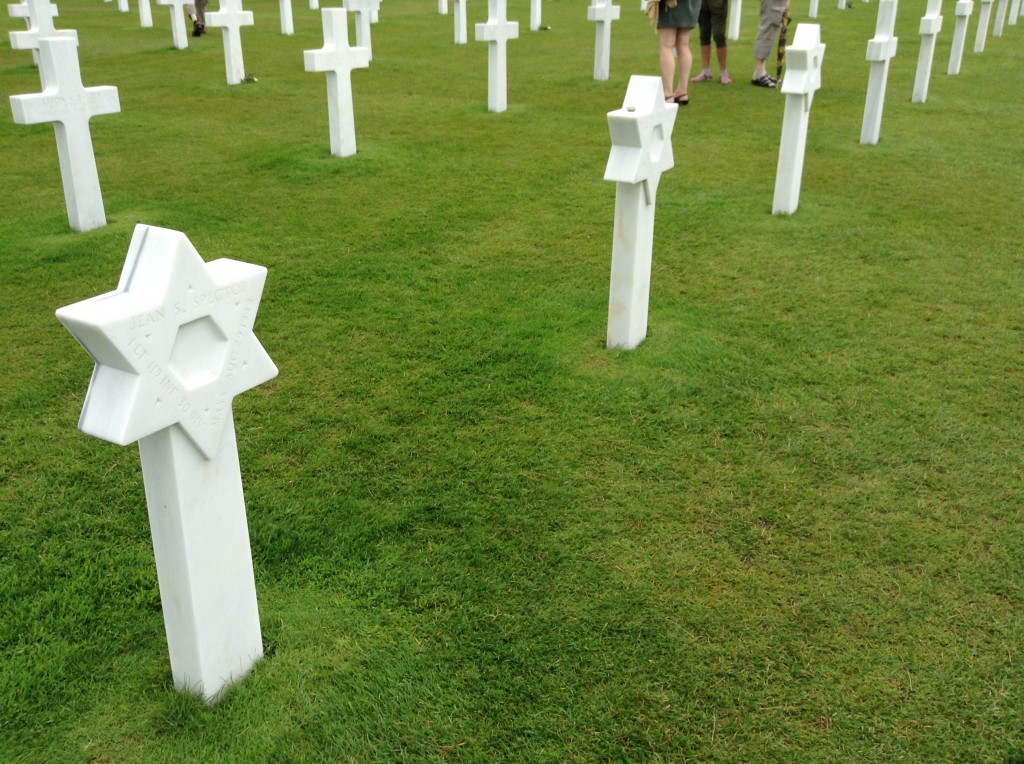We rented a car in France. Several friends had urged us to make the drive along the Normandy coast ourselves, rather than to rely on a tour bus.
That made the most sense, anyway, because I was conducting research for the sequel to Mother of Rain and needed to get to St.-Mere-Eglise, the village the 505th Parachute InfantryDivision helped liberate on D-Day.
Before we could leave Bayeux for Arromanches, where we were starting our self-prescribed course, we needed to get gas.
You might think that getting gas is no big deal. We Americans do it nearly every day. Drive up to the pump and ask the attendant if you live in Oregon to fill ‘er up. Or if you live in Washington, you do it yourself.
The problem was that neither Tim nor I speak or read French. I took two years of Latin which taught me the sum total of: Gaul est in Europa. Translated: France is in Europe. A handy fact, but something that I knew long before two grueling years of conjugating verbs in Latin. I still don’t have a clue how I managed to pass but it had something to do with David Hogan, the smartest boy in Latin class, helping me out.
Tim, meanwhile, growing up in the jungles of Ecuador, was becoming semi-fluent in Spanish. He swears he can’t speak it, but he reads it and understands it fairly well.
Because I live in a community that is 40 percent Hispanic, I am used to seeing signs in both English and Spanish. I have never paid attention before to how few signs around town are actually in both languages. But there we were, at the gas station on the other side of Bayeux, trying to figure out which pump really was the right pump for getting gas.
Unable to decipher any of the signs in French, Tim just pulled up to a pump. There was a van in front of us so while we were waiting I noticed that the line next to us had different wording than the line we were in. I pointed that out to Tim, who then asked the driver of the van what the different wording meant.
Only the driver of the van didn’t speak any English.
So there they were, at the back of the white van, Tim speaking English, the other driver speaking French, and neither one of them able to understand what the other one was saying but both of them continuing to make an effort anyway, and me sitting in the car understanding even less.
It hurt my head, all that listening and trying to understand.
I’ll admit that not being fluent in a second-language, any language, is one of the great regrets of my life. It hasn’t been for a lack of trying but rather for a lack of ability. I simply don’t have an ear for it. Tim reads his Bible in Hebrew. He studied Greek. He knows some German. He can read Spanish. He even gets Appalachian. He carries around those pocket translation books.
He can’t read a map of Paris to save his life, even in English, but he could make out some of what the Germans were talking about when we were at the Omaha Memorial.
I, on the other hand, felt like a complete outsider. My inability to walk into a bakery and order a croissant without help from my husband, or somebody else, started to wear me down.
I am a woman of many words.
I like hearing the stories of others.
I want to know what somebody’s mama said over breakfast; how the job interview went; what the waiter just asked me, what the history behind the stained glass means.
For most of the past three weeks I have been surrounded by people speaking above me. They didn’t mean to do it, of course. They were just talking their regular talk. It’s not their fault I couldn’t comprehend any of it.
Still, it made me feel small.
Insignificant.
An outsider.
It made me silent.
Like my thoughts didn’t matter.
And neither did my needs.
I was cut-off.
Isolated.
And if not for the help of others, notably Tim, I would have been completely alone.
With the help of the man in the van, Tim figured out that he was, indeed, at the wrong pump. He was at the pump for commercial vehicles. He needed to get in the other line. He thanked the kind fellow and we got in the right line and got the gas we needed for the day’s trip.
While I sat and pondered my Hispanic neighbors back home in Oregon, and how isolating it must be for them. Especially if they are like me and have no natural aptitude for learning new languages.
And I thought of how many times, even when I am speaking with another English-speaker it feels like we are mis-communicating in an entirely different language.
No matter how many words we use, no matter how animated our gestures, neither one of us is able to communicate to the other what it is we are trying to say.
So the silence between us grows.
We become cut off from one another.
Unable to carry on even the most benign of conversations.
Unable to exchange anything with one another, save for a greeting hello and a wave good-bye.
Do you ever feel like a foreigner in a native land?

